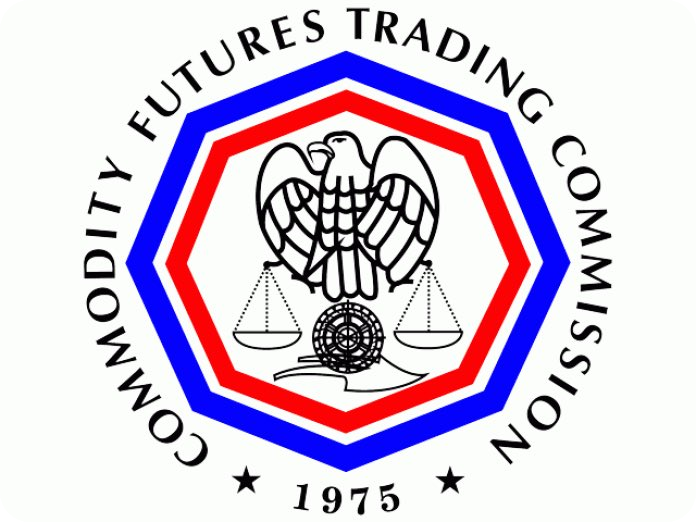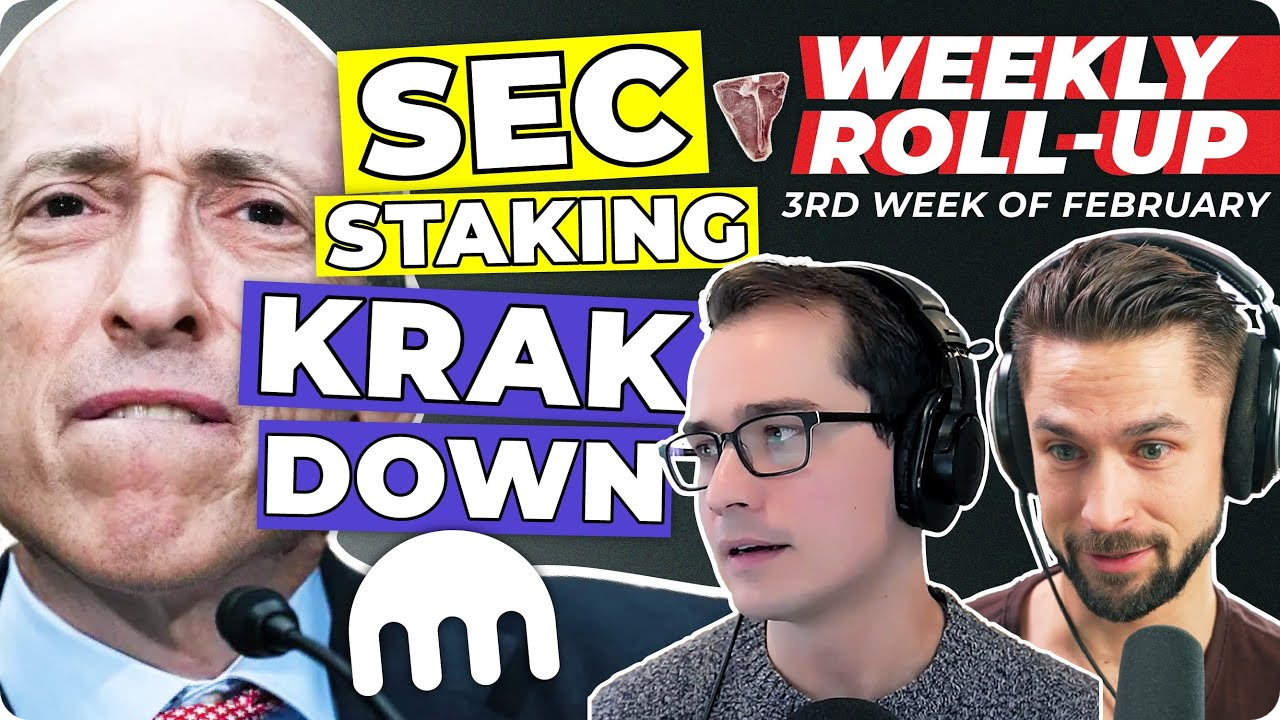The Year Regulators Went Wild

Regulators chose to flex their muscles this year, confronting crypto with unprecedented levels of hostility!
From civil enforcement actions to criminal penalties, agencies at the federal and state levels were busy doling out consequences for the crypto industry's perceived transgressions this year.
Here were the top 5 most impactful regulatory moments of 2023 👇
1️⃣ Binance Settles, CZ Faces Time

Just as Americans prepared for Thanksgiving, the U.S. regulatory apparatus unveiled its wildest regulatory action of 2023: criminal charges against Binance!
This multi-agency settlement charged crypto's most prominent exchange with violating criminal U.S. anti-money laundering requirements and the Bank Secrecy Act, ending a criminal investigation that first opened in 2018.
Chief executive Changpeng Zhao (C.Z.) was forced to step down and now faces up to 18 months in prison, but his exchange could continue operations. Binance agreed to pay a hefty $4.3B fine as part of the settlement, and it must offer years of transaction data to U.S. regulators, exposing the company (and its customers) to a "24/7, 365-days-a-year financial colonoscopy."
While the charges against Binance may have appeared egregious to those outside of the crypto, many inside the industry rejoiced at the settlement, seeing it as an implicit confirmation of Binance's solvency.
Related Content:
2️⃣ SEC Comes After Crypto Exchanges

The U.S. Securities and Exchange Commission (SEC) targeted top-tier crypto exchanges during 2023 for simply existing!
Signs of incoming trouble became apparent as early as March, when Coinbase announced it had received a Wells Notice from the SEC, indicating that the agency had made a preliminary determination to recommend an enforcement action against the firm for violations of the federal Exchange and Securities Act violations.
This Wells Notices bore fruit in June, with the SEC bringing back-to-back lawsuits against Coinbase and Binance for operating unregistered securities exchanges. A similar November lawsuit against Kraken followed up these two sets of allegations.
While the subtext backing the three complaints varies, each tows the same line that crypto exchanges facilitate unlawful trading of a laundry list of tokens the SEC has designated as securities.
Related Content:
3️⃣ CFTC Makes Its Mark

Many consider the CFTC a more crypto-friendly regulator than the SEC. Still, their September enforcement actions put DeFi in the U.S. under threat. They raised questions about what steps protocols may need to take to block U.S. users from their platforms to avoid the ire of heavy-handed regulators.
Three protocols were charged with illegally facilitating leveraged and margined retail commodity transactions, with Deridex and Opyn facing additional charges for failing to register with the CFTC and adopt customer I.D. programs.
Most concerningly, the CFTC went after 0x Protocol because of third-party leveraged tokens traded on Matcha, implying that the CFTC views it as holding developers liable for the illegal usage of their code by third parties.
Related Content:
4️⃣ SEC Wages War Against Stablecoins

Stablecoin investors do not expect to profit, meaning these instruments fail to satisfy the Howey test and are treated as non-securities. While stablecoins are typically considered one of crypto's most compliant products, that didn't stop the U.S. regulators from going after two issuers for offering securities in 2023!
Paxos was forced to cease issuing Binance's BUSD after receiving an order from the New York Department of Financial Services (NYDFS) and a Wells Notice from the SEC inquiring about the product.
While the reason why the SEC and NYDFS went after BUSD remains somewhat shrouded in mystery, the SEC's enforcement action against Terra, specifically UST, makes it clear that the agency believes stablecoins can meet the definition of an investment contract in certain circumstances.
Terra's role in developing the Anchor Protocol and subsidizing yields translates to purchasers of UST having reasonable expectations of profits derived from the efforts of others, allowing this token to satisfy the SEC's definition of an investment contract.
Related Content:
5️⃣ SEC’s Staking Crackdown

Rumors began swirling in early February that the SEC was coming after staking, with Coinbase CEO Brian Armstrong Tweeting he was "hearing rumors that the SEC would like to get rid of crypto staking in the U.S. for retail customers."
One day after Armstrong sent that Tweet, the greater public clarified the rumors he was referencing after the SEC announced it had roped Kraken into a $30M settlement for its U.S. staking program. As part of the terms of this settlement, Kraken was forced to wind down U.S. staking operations; however, it could continue to provide the service for non-US users.
The SEC's Kraken settlement wouldn't be the only time the regulator went after staking in 2023, with the SEC's Binance and Coinbase enforcement actions containing charges for offering staking programs to U.S. investors as unregistered securities.
Related Content: